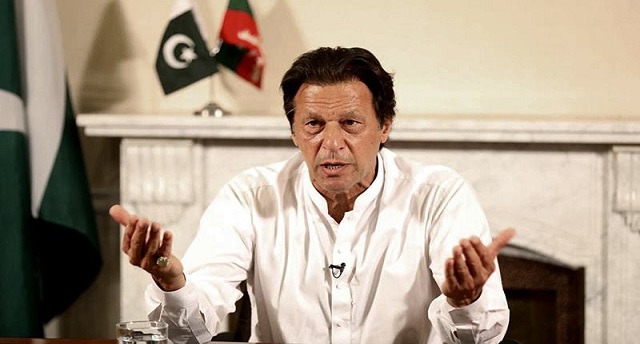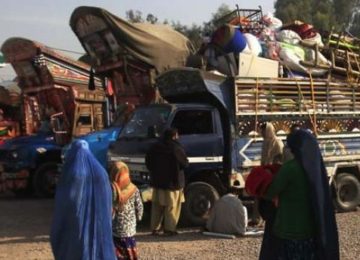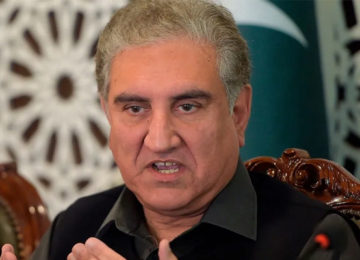Prime Minister Imran Khan’s announcement in Karachi on September 16 regarding his government’s intention to offer Pakistani citizenship to Afghan refugees born and raised in Pakistan has given hope to thousands stuck in an identity crisis in the country.
Khan noted in his speech, which was broadcast live on national television, that a lack of official documentation has pushed many refugees towards the black market of labour, or petty crimes. He maintained that their naturalization could address many such issues. While the PM has made the announcement, the subject is still up for debate in the Parliament.
Similar debates on the matter are underway among the civil society as well. In one such debate held at the Afghan Studies Centre’s 16th Pak-Afghan Youth Dialogue on Wednesday, Dr. Farhan Yousaf said Pakistan does not have any concrete policy for Afghan refugees.
He apprised the youth delegates that different governments had held different standpoints on the issue, but a proper policy was never formulated. What PM Khan’s announcement has done is that it has initiated a nation-wide discussion which will hopefully lead to a concrete policy for Afghan refugees, he hoped.
Instead of strict border control and restrictive migration policies, naturalization could provide a human-rights based approach to addressing vulnerabilities of the refugees, stressed Mr. Makki Kakar, a PhD scholar conducting research on the issue. Nevertheless, there is always a trade-off between human security and state security, he said, adding that there should be a balanced approach but it should not be at the cost of human security.
There are about 2.7 million Afghan refugees, including 1.5 million registered who are residing in Pakistan, according to the UNHCR and local officials.
UN surveys suggest that around 60 percent of Afghan refugees were either born in Pakistan or were minors when their parents migrated to Pakistan. War-shattered Afghanistan is therefore alien to most of these young people who are already part of the local economy and culture. No refugee community in the world has enjoyed a longer and more extensive stay in a country than Afghan refugees have in Pakistan.
The dialogue at the Afghan Studies Center brought together youth from Pakistan and Afghanistan to discuss vulnerabilities faced by the refugees and what the process of naturalization could mean for them.
The Center for Research and Security Studies, through its Pakistan-Afghanistan Track 1.5/II dialogue Beyond Boundaries, has in the past highlighted the issue of Afghan refugees’ status and the need to naturalize them, especially those born and raised in Pakistan.
Refugee crisis is one of the most critical challenges of our times, according to the UNHCR, whose statistical data shows that 71.4 million people were forcibly displaced worldwide during 2017. Similarly, every minute, 20 people were forced to flee their homes in 2016.
Source: Daily Times








